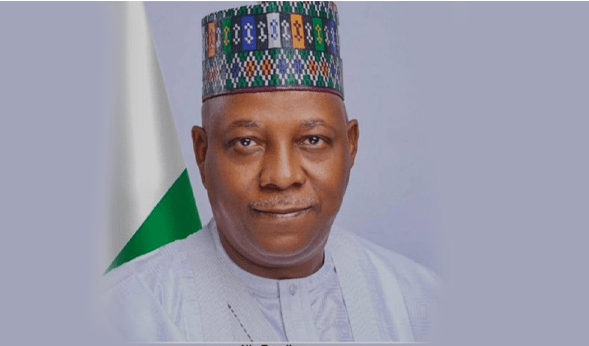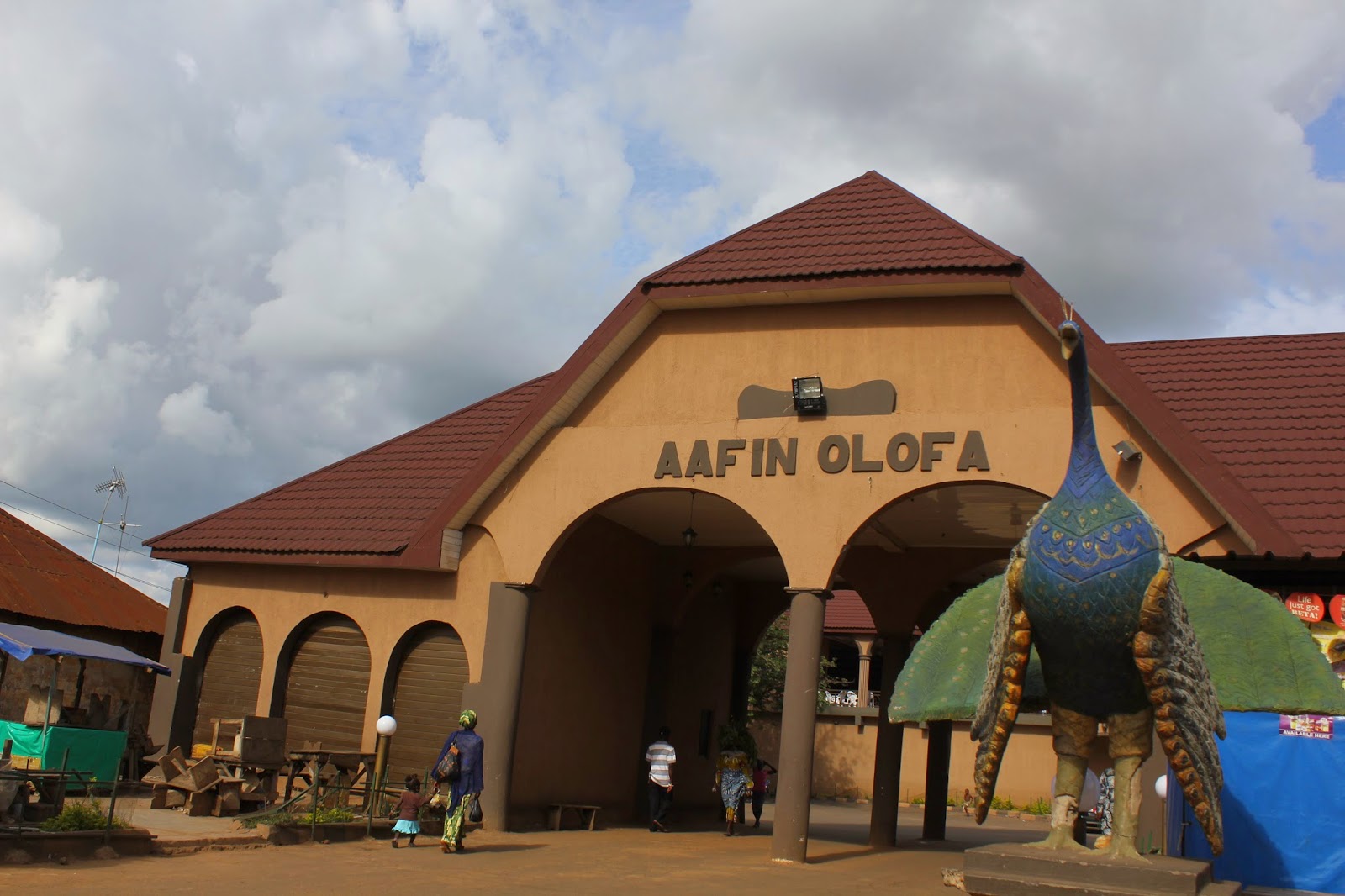Federal Government to Collaborate with States on Ecological Issues
Vice President Kashim Shettima has announced that the Federal Government is committed to partnering with the governments of the thirty-six states to address the ecological challenges facing Nigeria. This declaration was made during a meeting at the Presidential Villa, where he received the Speaker of the House of Representatives, who came to express sympathy over the recent flood disaster in Borno State.
Vice President Shettima described the flood situation in Maiduguri and other affected parts of the country as a national calamity that necessitates the cooperation of all stakeholders. He emphasized the urgent need for a coordinated approach involving both federal and state governments to mitigate the effects of such ecological disasters and provide immediate relief to the affected communities.
During the meeting, the Speaker of the House of Representatives assured the Vice President that the National Assembly is ready to partner with the Presidency in providing support to communities affected by the floods. He stated that efforts would be made to ensure that relief reaches those directly impacted by the disaster, not only in Borno State but also in other parts of the country experiencing similar challenges.
Vice President Shettima highlighted the importance of developing a comprehensive action plan to improve disaster response and prevention measures. He called for enhanced collaboration between federal, state, and local governments to identify vulnerable areas, implement early warning systems, and develop sustainable strategies to manage and mitigate the impact of ecological disasters, such as floods, droughts, and desertification.
The Vice President also stressed the need to engage various stakeholders, including environmental experts, community leaders, and international partners, to find lasting solutions to the ecological challenges facing the country. He underscored the Federal Government’s commitment to working closely with the states to ensure effective coordination and resource allocation for ecological management.
The Federal Government’s pledge to collaborate with the thirty-six states in tackling ecological challenges reflects a unified approach to addressing Nigeria’s environmental issues. As the country faces increasing risks from natural disasters, such partnerships will be crucial in ensuring that relief and support reach those in need and that proactive measures are taken to protect communities from future ecological threats.
Strengthening Disaster Preparedness and Response Mechanisms
Vice President Shettima emphasized the need for robust disaster preparedness and response mechanisms across all levels of government. He called for the establishment of a well-coordinated emergency response system that includes rapid deployment of resources, timely evacuation of at-risk communities, and provision of essential supplies, such as food, water, and medical care, to those affected by ecological disasters.
He also highlighted the importance of building local capacity for disaster management, including training and equipping local responders, volunteers, and community organizations. According to Shettima, empowering communities with the skills and resources to respond to emergencies will enhance resilience and reduce the impact of future disasters.
The Vice President underscored the role of data and technology in effective crisis management. He called for the use of advanced technologies, such as Geographic Information Systems (GIS) and satellite imagery, to map flood-prone areas and predict the occurrence of natural disasters. This, he noted, will enable governments and emergency responders to anticipate and prepare for potential hazards, reducing the damage caused by such events.
Shettima also suggested establishing a centralized database for sharing information on ecological challenges, which would facilitate better coordination among government agencies, non-governmental organizations, and international partners in their efforts to manage and mitigate disaster risks.
Recognizing the importance of community involvement, Vice President Shettima advocated for increased public awareness campaigns on disaster preparedness and response. He stressed the need to educate communities about the risks of ecological disasters and the necessary steps to take in the event of an emergency. This includes disseminating information on evacuation routes, safety protocols, and the importance of preserving the environment to prevent further degradation.
He encouraged local governments and civil society organizations to play a more active role in raising awareness and promoting sustainable practices that can help mitigate the effects of climate change and reduce the frequency of natural disasters.
Vice President Shettima also called for stronger international cooperation in tackling Nigeria’s ecological challenges. He appealed to global partners, including international organizations and donor agencies, to support Nigeria’s efforts by providing technical expertise, funding, and capacity-building initiatives. He noted that collaborative efforts on a global scale are essential to address the underlying causes of ecological disasters, such as climate change, and to support affected countries in building resilience.
The Federal Government’s commitment to partnering with the thirty-six states to address Nigeria’s ecological challenges reflects a comprehensive approach to safeguarding communities from natural disasters. Through collaborative efforts, strengthened disaster preparedness, utilization of technology, and community engagement, Nigeria can build a more resilient future, better equipped to handle ecological crises.
Moving forward, it is imperative for all stakeholders to work in unity, share resources, and foster a culture of preparedness and sustainability to protect lives, livelihoods, and the environment from the devastating impacts of ecological challenges.




